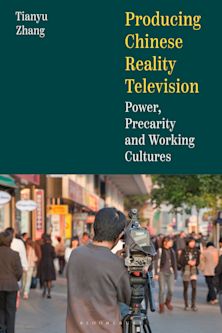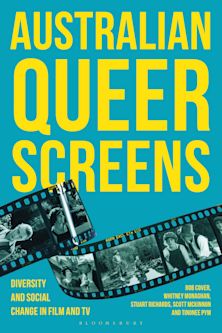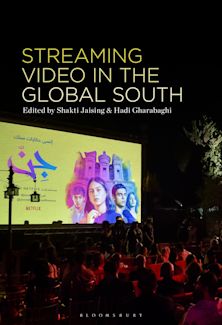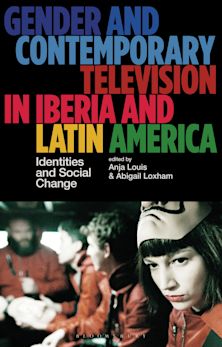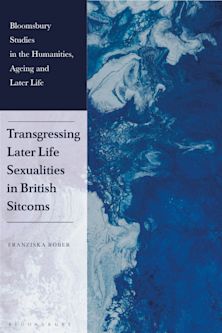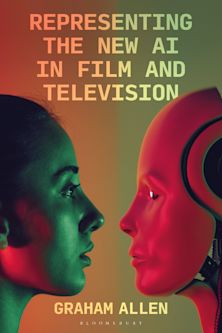Downton Abbey
Politics of Nostalgia, Neoliberalism, and Empire
Downton Abbey
Politics of Nostalgia, Neoliberalism, and Empire
This product is usually dispatched within 1 week
- Delivery and returns info
-
Free US delivery on orders $35 or over
Description
This book examines Downton Abbey's dramatic narrative and visual aesthetics to interrogate centrality of power and privilege in narrative structuring and to understand audiences' uncritical acceptance of a hierarchical universe, even as social and economic inequalities continue to run rampant.
Combining textual analysis with audience research and focusing primarily on audiences in the United States and India – both former British colonies – Khan poses critical questions surrounding the meaning of nostalgic performance, the growing prevalence of injustice-inspired critique, and the underlying motives for circulating an idealized, though irrecoverable, British imperial past. Examining the contemporary relevance of these picturesque representations, which reduce history to a spectacle, Khan juxtaposes the present-day media environment with that of legacy media and highlights the construction of culture and ideology at a juncture of major changes in production, distribution, and consumption of popular culture ushered by new communication technologies.
Khan posits that notwithstanding the drama's enthusiastic reception, it does not necessarily entail an endorsement of iniquitous socio-economic-political status quo within neoliberal democracies. Rather, this book demonstrates how, in the contexts of mounting employment insecurities and economic injustices, audiences seek stability and security as reflected in the deep bonds between employer and employee and in the ideals of Liberal Paternalism which animate Downton Abbey's dramatic universe. Ultimately, this book argues that although hegemonic ideology continues to be reconfigured and redeployed in diverse contexts for capitalistic gain, the popularity of the series is representative of both an affirmation and a critique of contemporary neoliberalism.
Table of Contents
2. Upstairs and Downstairs: Pretentions of a Post-Class Society
3. Viewing Pleasure, Nostalgia, Desire and Politics
4. Triumphant Neoliberalism and Resuscitation of Empire Nostalgia in Downton Abbey's Global Popularity
5. Conclusion
Bibliography
Product details

| Published | Nov 27 2025 |
|---|---|
| Format | Hardback |
| Edition | 1st |
| Extent | 216 |
| ISBN | 9781793654731 |
| Imprint | Bloomsbury Academic |
| Illustrations | 4 bw illus |
| Dimensions | 9 x 6 inches |
| Publisher | Bloomsbury Publishing |
Reviews

ONLINE RESOURCES
Bloomsbury Collections
This book is available on Bloomsbury Collections where your library has access.













